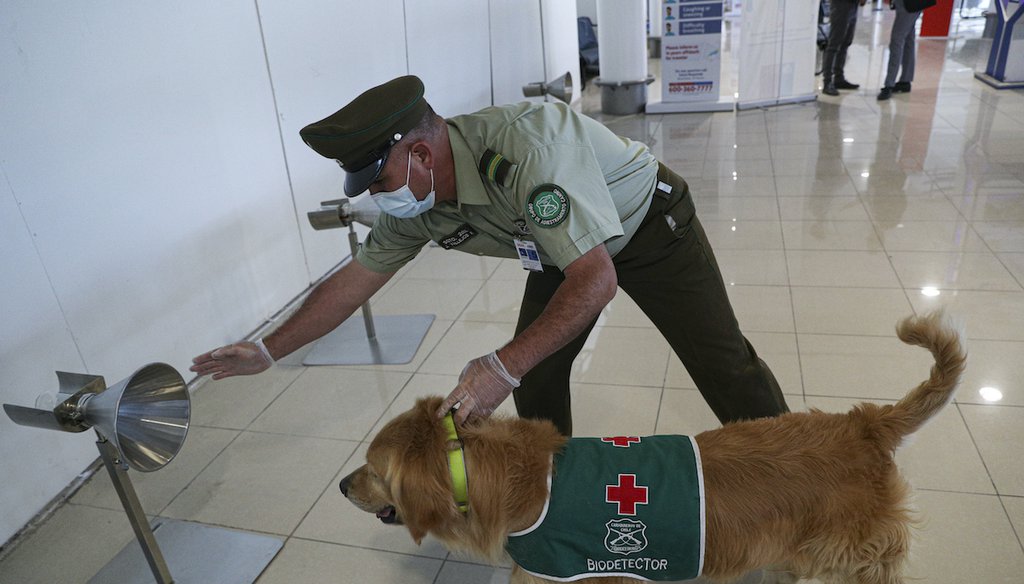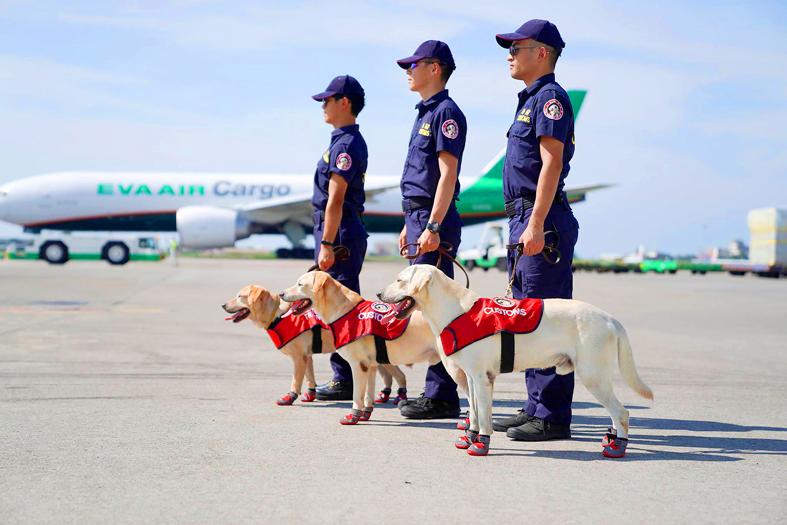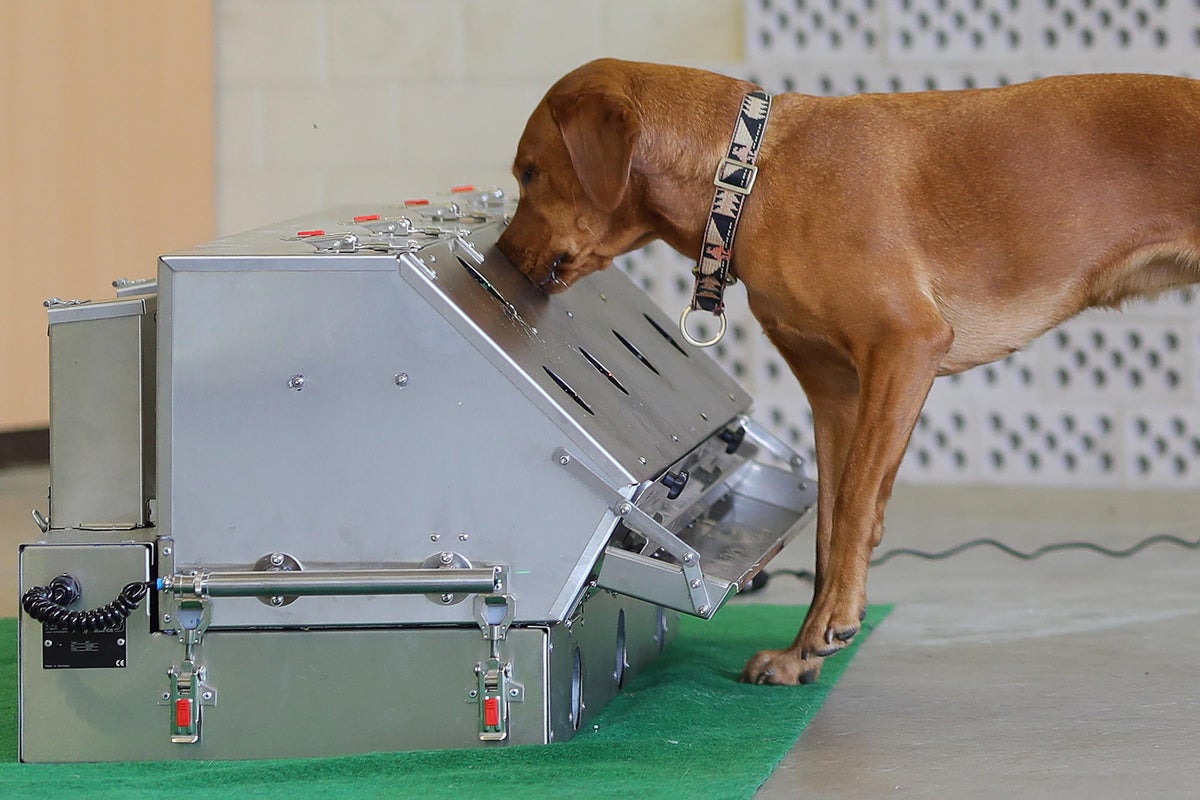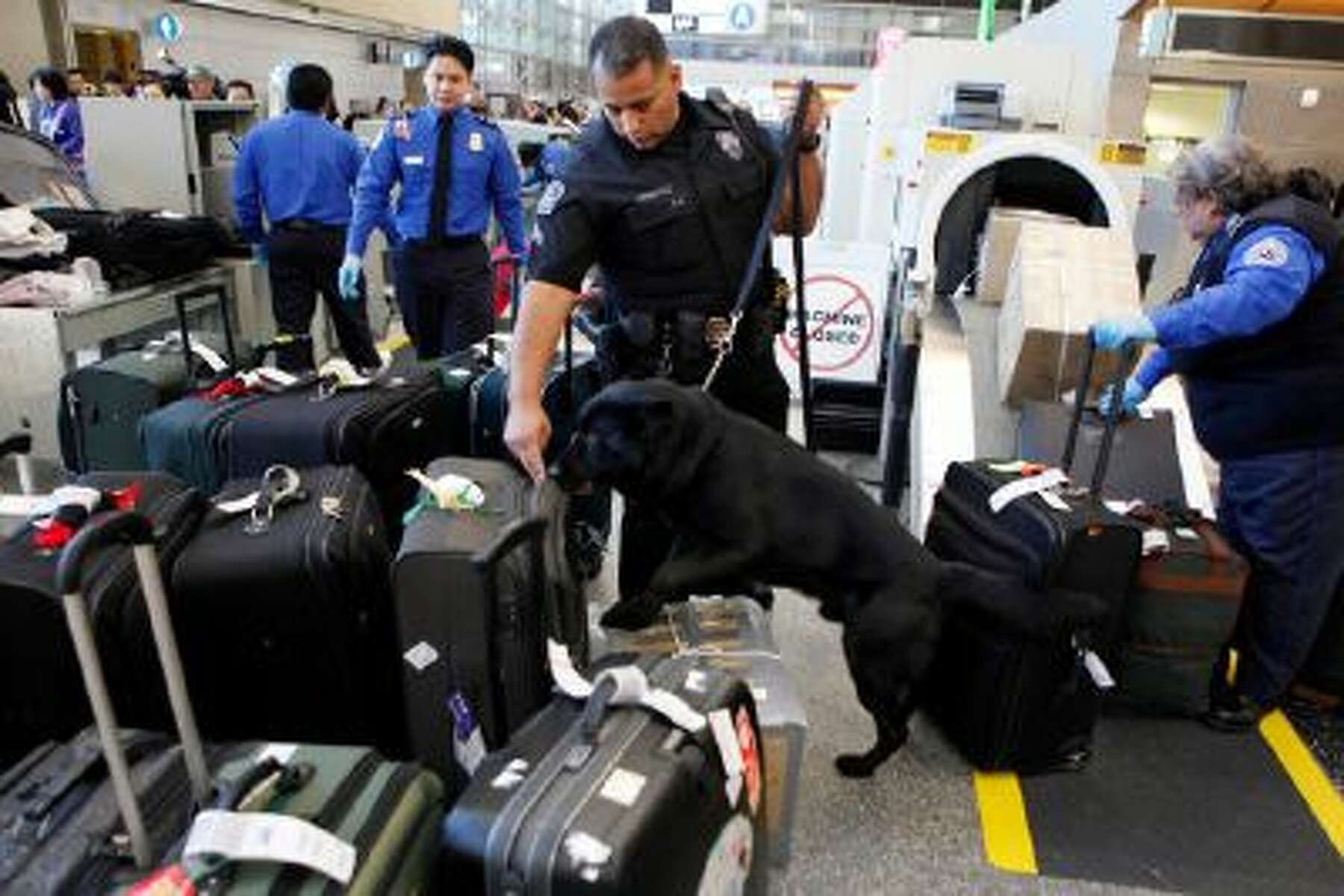Do Airport Dogs Sniff For Edibles
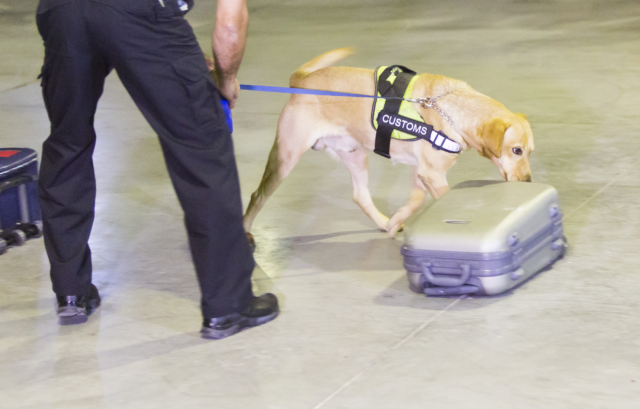
The aroma of jet fuel and hurried footsteps fills the air, but there's another, more subtle scent increasingly present in airports across the nation: cannabis. With the patchwork of state laws legalizing recreational and medicinal marijuana, a critical question arises: are airport security dogs trained to sniff out edibles, and what are the implications for travelers?
This query delves into a complex legal and practical landscape where federal law clashes with evolving state regulations. The core issue is whether law enforcement resources are being deployed to detect substances legal in some jurisdictions but still federally prohibited, raising concerns about individual rights, resource allocation, and the effectiveness of current detection methods.
The Canine Conundrum: What Are Dogs Trained To Detect?
Airport security dogs, often referred to as K-9 units, are primarily trained to detect explosives and, in some cases, narcotics. Historically, the focus has been on substances like heroin, cocaine, methamphetamine, and marijuana (in its plant form).
The U.S. Transportation Security Administration (TSA) states clearly on its website that its focus is on security. "TSA’s screening procedures are focused on security and are designed to detect threats to aviation and protect all modes of transportation."
Furthermore, the TSA explicitly notes that its officers do not search for marijuana or other illegal drugs. However, if an officer discovers marijuana during security screening, they are required to report it to local law enforcement.
Edibles: A New Challenge
Edibles, cannabis-infused food products, present a unique challenge. Their scent is often masked by the other ingredients, making them more difficult to detect than traditional marijuana. The specific training dogs receive varies by jurisdiction and the priorities of the law enforcement agency.
Some agencies have chosen not to train their dogs to detect marijuana at all, particularly in states where it is legal. This is often a strategic decision based on resource allocation and a shift in law enforcement priorities.
According to a statement from the Denver Police Department, "Our K-9 units are trained to detect a variety of substances, but given the current legal landscape in Colorado, we have deprioritized marijuana detection training." This highlights a common trend in states with legal cannabis.
The Legal Labyrinth: Federal vs. State Law
The legality of marijuana remains a significant point of contention. While many states have legalized marijuana for recreational or medicinal use, it remains a Schedule I controlled substance under federal law.
This creates a conflict at airports, which are under federal jurisdiction. Even in states where marijuana is legal, possessing it at an airport could potentially lead to legal repercussions.
This inconsistency creates confusion for travelers. They are often unsure of their rights and the potential consequences of possessing edibles, even in small quantities, within airport premises. Legal experts advise individuals to be aware of both state and federal regulations before traveling with any cannabis-related products.
Impact on Travelers and Law Enforcement
The ambiguity surrounding airport dog detection policies has a direct impact on travelers. Many individuals, particularly those with medical marijuana prescriptions, are concerned about potential harassment or legal trouble. This fear can deter them from traveling or lead them to attempt to conceal edibles, potentially escalating the situation if discovered.
Moreover, the deployment of resources for marijuana detection, especially when edibles are involved, raises questions about cost-effectiveness. Some argue that these resources could be better utilized to address more serious security threats.
Furthermore, the use of drug-sniffing dogs can lead to false positives. A dog may alert to the presence of marijuana even if none is present, leading to unnecessary searches and detentions. These instances can erode public trust in law enforcement and raise concerns about civil liberties.
Perspectives and Practices: A Patchwork Approach
Different airports and law enforcement agencies have adopted varying approaches to the issue. Some airports have explicitly stated that they do not prioritize marijuana detection, while others maintain a zero-tolerance policy.
For instance, Los Angeles International Airport (LAX) has taken a more relaxed approach, focusing primarily on explosives detection. This is in line with California's legal marijuana laws.
In contrast, airports in states with stricter marijuana laws may maintain a more stringent approach, actively using K-9 units to detect marijuana, including edibles.
This inconsistency across different airports highlights the need for greater clarity and standardization. Travelers would benefit from clear guidelines and transparent policies regarding marijuana detection at airports.
The Future of Airport Security and Edibles
As more states legalize marijuana, the debate over airport security and edibles is likely to intensify. Law enforcement agencies will need to adapt their strategies to reflect the evolving legal landscape. One possibility is to retrain K-9 units to focus on detecting other substances, such as explosives or other illegal narcotics, rather than marijuana.
Another option is to implement more advanced screening technologies that can detect explosives and other threats without relying on canine detection. These technologies could provide a more efficient and less intrusive method of ensuring airport security.
Ultimately, a balanced approach is needed that respects individual rights, ensures public safety, and utilizes resources effectively. Clear communication, transparent policies, and a focus on serious security threats will be crucial in navigating this complex and evolving issue. The key lies in adapting to the changing legal landscape while maintaining the safety and security of air travel. The future will likely see a shift away from marijuana detection and a greater emphasis on addressing more pressing security concerns.




